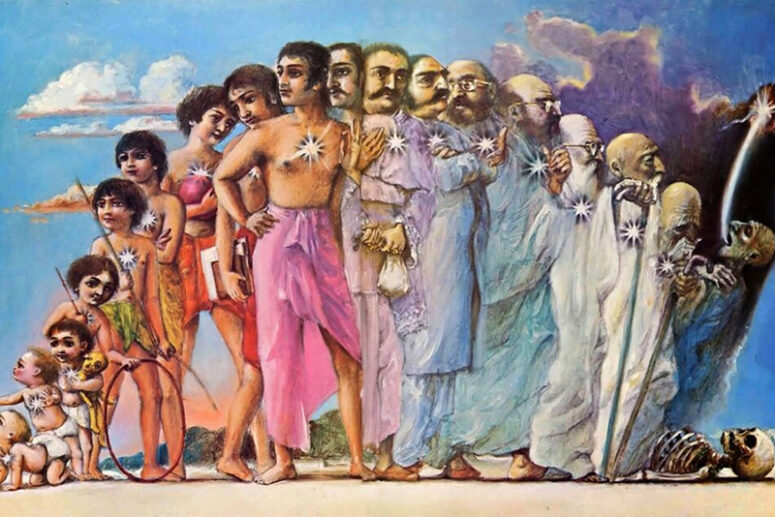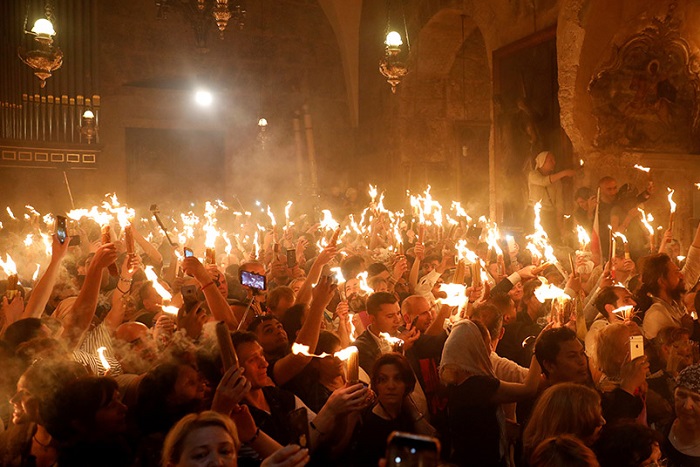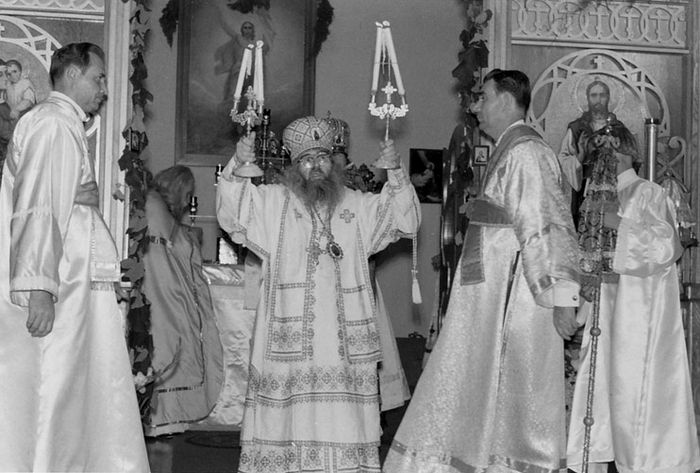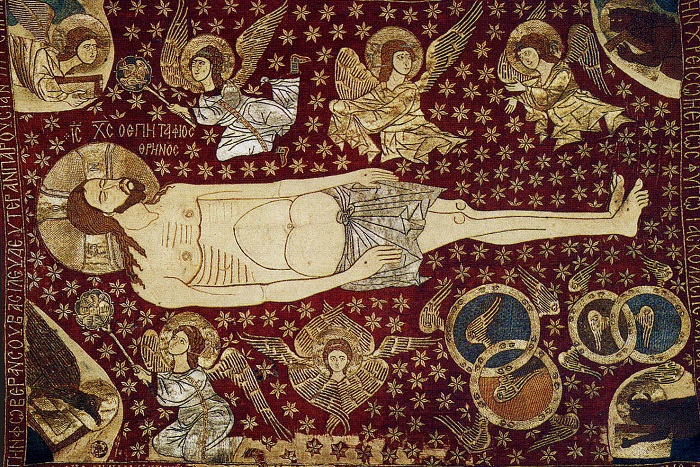
Ideas of reincarnation and transmigration of souls are very popular in modern culture. Reincarnation is widely understood as a form of personal immortality, presuming that it is you and no one else who will get a second, third and a thousand and third chance for spiritual growth. But if we stop and think about it for a moment, we will see that reincarnation is lacking exactly what attracts most people to it, i. e. the potential for personal immortality.
Take me, for example, I have a personal identity. Although my personality does change over time, I still remember being amazed by the sight of the northern lights at the age of 10, reading such and such books at 20 and then getting married and baptized on the same day at 23. I remember all these experiences and continue to perceive my life from the first person. I also have my own nature that has developed as a result of my personal experiences, situations, communications and decisions. My family and friends, my nation, my native language, culture, and, of course, my faith are an important part of who I am. I have experiences and memories that define my personality and influence my decisions.
Let’s say I died and “reincarnated” into a child conceived at that time, for example, somewhere in one of the Chinese provinces. This child shares with me neither the consciousness of personal identity, nor the character traits (which he still has to acquire in the course of his own life) nor personal experience. My family, friends and colleagues at least have common memories with me, but this child does not. On what basis then could we call him my reincarnated self? What meaning would there be in such a statement?
On what basis could we impute to him my sins, for which he will suffer, or my merits for which he will be rewarded? What is the meaning of a reward or punishment for actions that aren’t even known to a person?
The Bible offers another concept: “For I know that my Redeemer lives, and that at the last he[c] will stand upon the earth; and after my skin has been thus destroyed, then in my flesh I shall see God, whom I shall see on my side, and my eyes shall behold, and not another (Job 19: 25-27). It is you whom God loves; your face, name, memory and unique self. It is you whom He calls to eternal and blissful life. St Paul the Apostle says, “For we know that if the earthly tent we live in is destroyed, we have a building from God, a house not made with hands, eternal in the heavens” (2 Cor. 5: 1).
Translated by The Catalogue of Good Deeds
Source: https://azbyka.ru/days/2021-10-26




